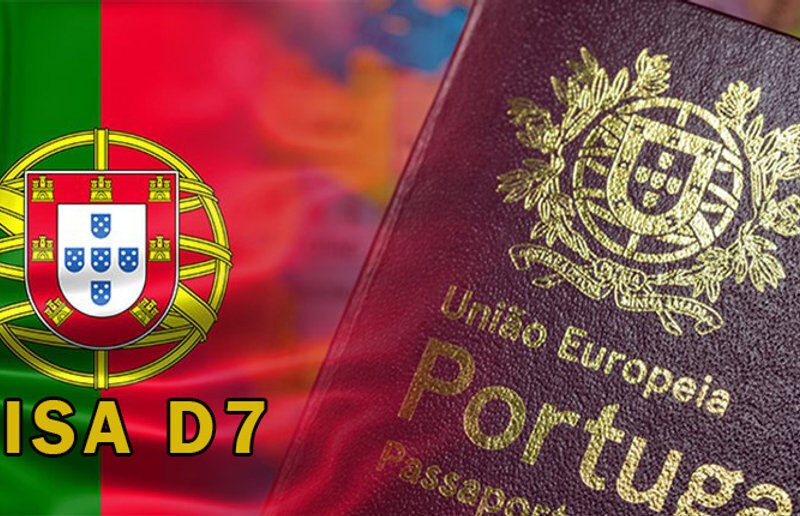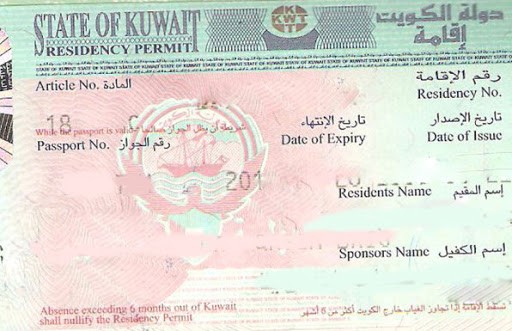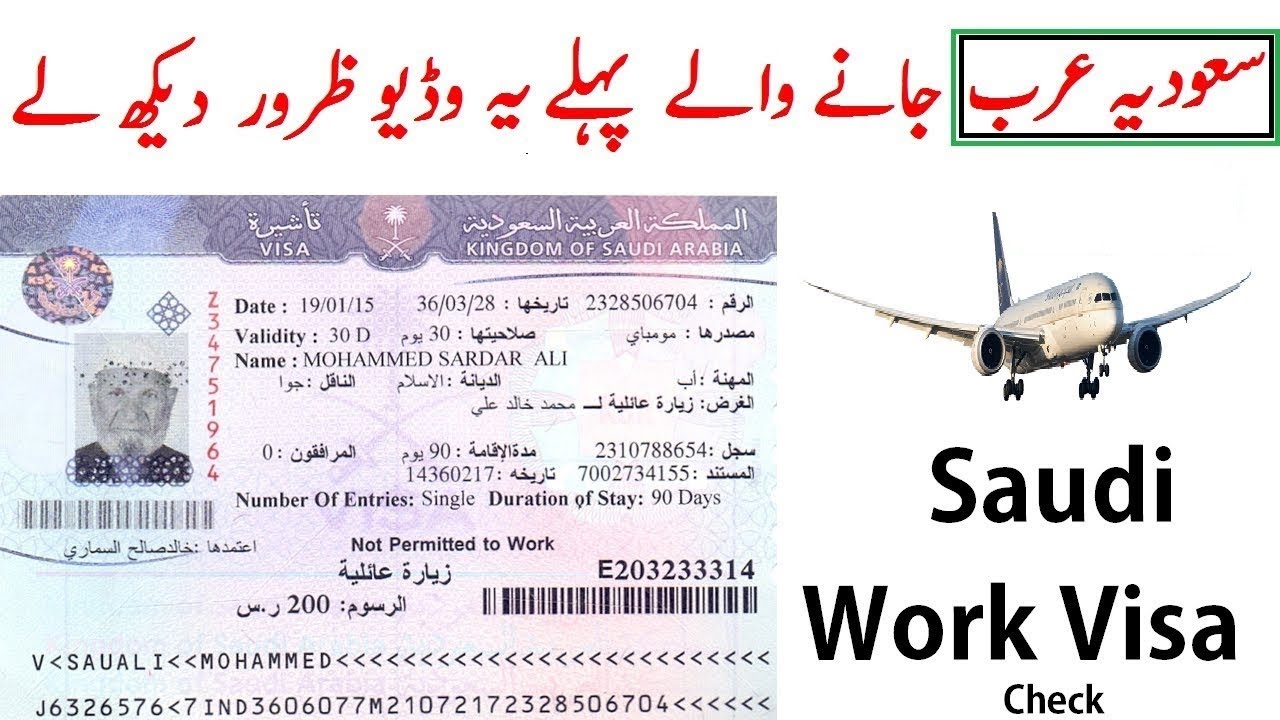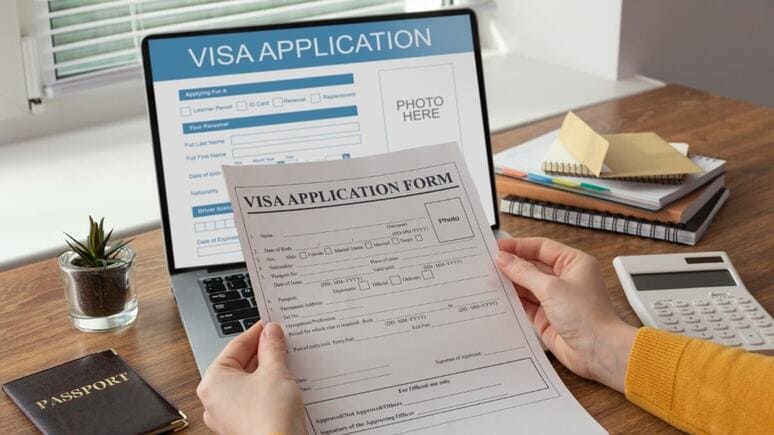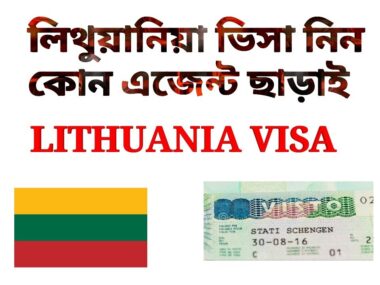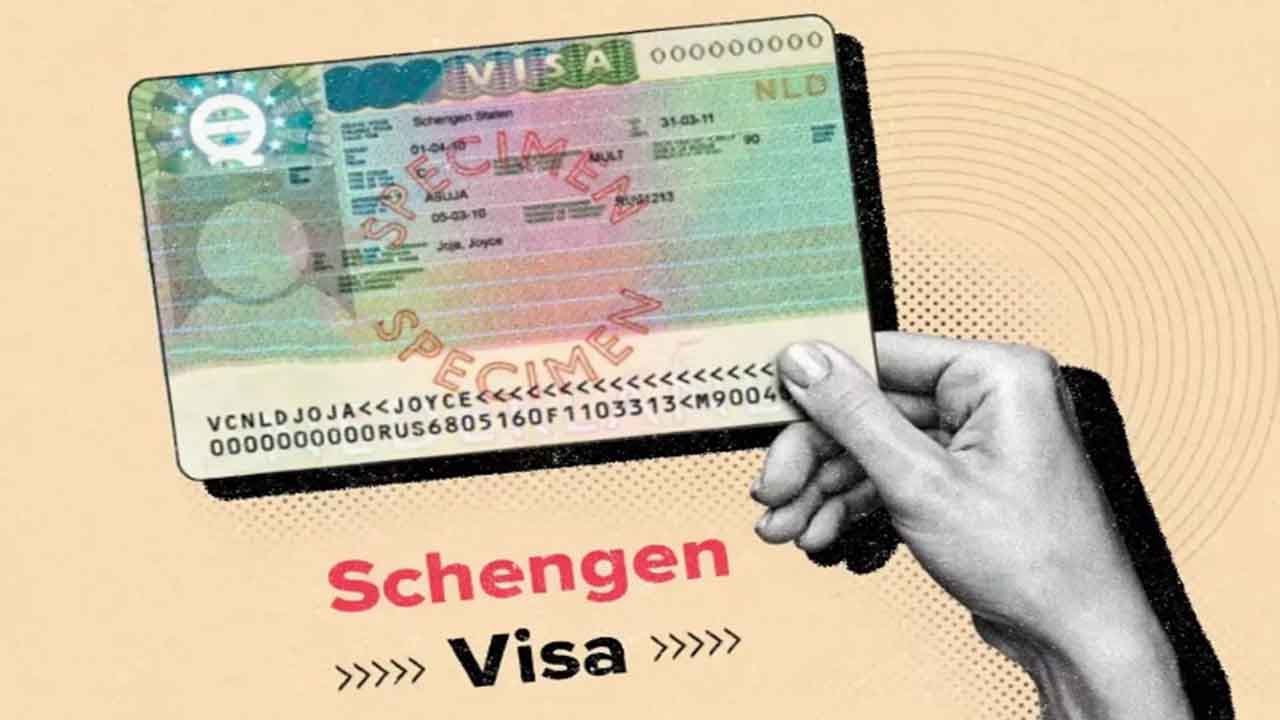Portugal, with its vibrant culture, stunning landscapes, and thriving arts scene, is a dream destination for musicians seeking to live and create in Europe. For non-EU/EEA/Swiss musicians, the D7 Passive Income Visa and the D8 Digital Nomad Visa offer pathways to residency, each tailored to different income sources and lifestyles. As a musician, choosing the right visa can shape your career and life in Portugal, from performing in Lisbon’s lively venues to composing in the serene Algarve. This article dives deep into the differences between the D7 and D8 visas, offering a musician-specific perspective, expert insights, real examples, and actionable advice to help you navigate Portugal’s immigration system in 2025.
Why Musicians Are Drawn to Portugal
Portugal’s rich musical heritage, from fado to modern indie scenes, makes it an inspiring hub for musicians. The country’s affordable cost of living (averaging $800-$1,200 USD/month in cities like Lisbon, Numbeo, 2025), access to the Schengen Area, and path to citizenship after five years attract artists worldwide. Whether you’re a composer earning royalties, a freelancer teaching music online, or a performer with gig income, the D7 and D8 visas cater to different aspects of a musician’s income stream. Understanding their distinctions is crucial to making an informed decision.
Personal Insight: As someone who’s explored Portugal’s music scene, from street performances in Porto to festivals in Madeira, I’ve seen how welcoming the country is to artists. The visa choice can significantly impact your ability to gig, collaborate, or build a creative life here.
Overview of the D7 and D8 Visas
D7 Visa: Passive Income for Musicians
The D7 Visa, often called the Passive Income or Retirement Visa, is designed for non-EU/EEA/Swiss citizens with stable, recurring income from sources outside Portugal. For musicians, this typically includes royalties from music sales, licensing fees, or investments. Introduced in 2007, the D7 is ideal for those who don’t rely on active work in Portugal but have consistent income to support their lifestyle.
-
Key Feature: Requires proof of passive income (e.g., €870/month for a single applicant in 2025).
-
Residency: Grants a one-year residence permit, renewable for two-year periods, with a path to permanent residency or citizenship after five years.
-
Work Allowance: Permits work in Portugal, though not required.
D8 Visa: Digital Nomad for Musicians
The D8 Visa, known as the Digital Nomad Visa, was introduced in October 2022 to attract remote workers and freelancers, including musicians who earn active income from clients or employers outside Portugal. This visa suits musicians teaching online, producing music remotely, or freelancing for international projects.
-
Key Feature: Requires a minimum monthly income of €3,480 (four times Portugal’s minimum wage in 2025).
-
Residency: Offers a one-year temporary stay visa, extendable to a five-year residence permit, with citizenship eligibility after five years.
-
Work Allowance: Focuses on remote work for non-Portuguese entities but allows local work with restrictions.
Key Differences Between D7 and D8 Visas for Musicians
To help musicians choose the right visa, let’s break down the differences across critical factors:
1. Income Source
-
D7 Visa: Requires passive income, such as royalties from music streams (e.g., Spotify, Apple Music), licensing deals (e.g., TV or film placements), or dividends from music-related investments. Musicians must show consistent income without active work in Portugal.
-
D8 Visa: Requires active income from remote work or freelancing for clients/employers outside Portugal. Examples include online music lessons, remote production for international labels, or freelance composition for global clients.
Example: Maria, a US-based composer, earns €1,000/month from royalties for her film scores. She qualifies for the D7 Visa. Conversely, João, a Brazilian music teacher, earns €4,000/month teaching online for a US platform, making him eligible for the D8 Visa.
2. Income Requirements
-
D7 Visa: Minimum income of €870/month (€10,440/year) for a single applicant, plus 50% (€435) for a spouse and 30% (€261) per dependent child (2025 figures).
-
D8 Visa: Higher threshold of €3,480/month (€41,760/year) for the main applicant, with 50% for additional adults and 30% for children.
Expert Advice: Immigration lawyer Ana Silva notes, “Musicians with irregular gig income may struggle with the D8’s high threshold. The D7 is often more accessible for those with steady royalties.”
3. Work Flexibility
-
D7 Visa: Allows holders to work in Portugal (e.g., local gigs or teaching), though it’s designed for those not reliant on local employment.
-
D8 Visa: Primarily for remote work outside Portugal. Local work is permitted but limited, as the visa requires proof of non-Portuguese income.
Insight: For musicians, the D7 offers more flexibility to perform locally, such as at Lisbon’s LX Factory, while the D8 suits those committed to remote work, like producing tracks for international clients.
4. Residency Requirements
-
D7 Visa: Requires 183 days/year (or 16 months over two years) in Portugal to maintain residency status.
-
D8 Visa: Similar residency requirement but offers a temporary stay option (up to one year) for those not ready for long-term commitment.
5. Application Process
Both visas require similar documents (e.g., passport, health insurance, criminal record), but the income proof differs:
-
D7 Visa: Provide bank statements, royalty statements, or investment records showing passive income.
-
D8 Visa: Submit employment contracts, payslips, or freelance invoices proving remote income.
Example: A UK musician, Emma, applied for the D7 Visa with royalty statements from her back catalog, processed in 60 days. A Canadian producer, Liam, used freelance contracts for the D8 Visa, taking 90 days due to additional verification.
Table 1: D7 vs D8 Visa Comparison for Musicians
|
Aspect |
D7 Visa |
D8 Visa |
|---|---|---|
|
Income Type |
Passive (royalties, licensing, dividends) |
Active (remote work, freelancing) |
|
Minimum Income |
€870/month (single applicant) |
€3,480/month (single applicant) |
|
Work in Portugal |
Allowed, not required |
Limited, focus on non-Portuguese income |
|
Residency Stay |
183 days/year |
183 days/year or temporary (1 year) |
|
Processing Time |
60-90 days |
90-120 days |
Which Visa Suits Musicians Best?
D7 Visa: Best for Musicians with Passive Income
The D7 Visa is ideal for musicians with consistent royalties or investment income. For example:
-
Composers/Songwriters: Those earning royalties from streaming platforms, sync licensing, or publishing deals.
-
Retired Musicians: Retirees with pensions or music-related investments.
-
Investors: Musicians with dividends from music industry stocks or other investments.
Real Example: David, a retired American jazz musician, moved to Porto in 2024 using the D7 Visa. His €1,200/month royalties from a 1980s album catalog met the income threshold, allowing him to perform occasional gigs locally while enjoying Portugal’s low cost of living.
D8 Visa: Best for Freelance or Remote Musicians
The D8 Visa suits musicians actively working for international clients, such as:
-
Online Music Teachers: Those teaching via platforms like Zoom or Preply.
-
Remote Producers: Musicians producing tracks for global labels or clients.
-
Freelance Performers: Artists with international contracts for virtual performances or session work.
Real Example: Sofia, a Brazilian violinist, secured the D8 Visa in 2023 by proving €4,000/month from online lessons for a US music school. She now lives in Lisbon, teaching remotely while attending local jam sessions.
Table 2: Musician-Specific Scenarios for D7 and D8 Visas
|
Musician Type |
Best Visa |
Why It Fits |
|---|---|---|
|
Royalty-Earning Composer |
D7 |
Stable royalties meet passive income requirements. |
|
Online Music Teacher |
D8 |
Active income from international platforms qualifies for high threshold. |
|
Retired Musician |
D7 |
Pensions or royalties provide consistent income without active work. |
|
Freelance Session Artist |
D8 |
International contracts support remote work requirements. |
Application Process for Musicians
Step-by-Step for D7 Visa
-
Gather Documents: Valid passport, proof of passive income (e.g., royalty statements), health insurance, criminal record, proof of accommodation (rental agreement or property deed).
-
Open a Portuguese Bank Account: Deposit €12,000-€16,000 to show financial stability.
-
Apply at Consulate: Submit documents at the Portuguese consulate in your home country. Processing takes 60-90 days.
-
Enter Portugal: Receive a temporary visa (4 months) and apply for a residence permit with AIMA.
-
Residency Card: Attend an AIMA appointment for fingerprints and photos; receive a one-year permit.
Step-by-Step for D8 Visa
-
Collect Documents: Passport, proof of active income (e.g., contracts, invoices), health insurance, criminal record, accommodation proof.
-
Prove Savings: Show €36,480 in savings (three times the annual income requirement).
-
Submit Application: Apply at the Portuguese consulate or, in some cases, in Portugal (though not recommended). Processing takes 90-120 days.
-
Residency Registration: After approval, register with AIMA within 120 days for a residence permit.
-
Social Security: Contribute to Portugal’s social security system based on income.
Expert Advice: Lawyer Miguel Santos advises, “Musicians should ensure income documentation is clear and consistent. For the D8, contracts must explicitly state work is for non-Portuguese entities.”
Benefits and Challenges for Musicians
D7 Visa Benefits
-
Low Income Threshold: €870/month is achievable for musicians with modest royalties.
-
Flexibility: Perform or teach locally without restrictions.
-
Schengen Access: Visa-free travel across 26 Schengen countries for gigs or collaborations.
-
Citizenship Path: Eligible for permanent residency or citizenship after five years, requiring A2-level Portuguese proficiency.
D7 Visa Challenges
-
Passive Income Proof: Irregular royalty payments can complicate applications.
-
Residency Requirement: 183 days/year in Portugal may limit international touring.
-
Tax Implications: Becoming a tax resident (183+ days/year) subjects worldwide income to Portuguese taxes, though the Non-Habitual Resident (NHR) program, closed to new entrants in 2023, offered tax benefits.
D8 Visa Benefits
-
Remote Work Focus: Perfect for musicians with international clients or online teaching income.
-
High Income Appeal: Higher earnings can support a comfortable lifestyle in Portugal.
-
Temporary Option: One-year stay suits musicians testing Portugal before committing long-term.
-
Family Reunification: Include spouse, children, or dependent parents with sufficient income.
D8 Visa Challenges
-
High Income Threshold: €3,480/month may be unattainable for early-career musicians.
-
Social Security Contributions: Mandatory payments based on income can reduce net earnings.
-
Limited Local Work: Focus on non-Portuguese income restricts local gig opportunities.
Table 3: Benefits and Challenges for Musicians
|
Aspect |
D7 Visa |
D8 Visa |
|---|---|---|
|
Key Benefit |
Low income threshold, local work allowed |
Suits remote workers, temporary option |
|
Key Challenge |
Proving consistent royalties |
High income requirement, social security |
|
Schengen Access |
Yes |
Yes |
|
Citizenship Path |
After 5 years |
After 5 years |
Musician-Specific Considerations
D7 Visa: Leveraging Royalties
Musicians with royalties from streaming, licensing, or publishing deals are well-suited for the D7 Visa. To strengthen your application:
-
Document Income: Use royalty statements from platforms like ASCAP, BMI, or PRS for Music.
-
Stabilize Income: Combine royalties with other passive sources (e.g., rental income) to meet the €870/month threshold.
-
Plan for Taxes: Consult a tax advisor to understand Portugal’s tax obligations, as worldwide income may be taxable.
Personal Insight: I’ve spoken with musicians who found the D7’s flexibility liberating. One guitarist used his Bandcamp royalties to qualify, allowing him to focus on local performances without financial pressure.
D8 Visa: Maximizing Remote Opportunities
The D8 Visa suits musicians with active income from international sources. To succeed:
-
Secure Contracts: Obtain clear contracts from platforms like Fiverr or international music schools.
-
Build Savings: Save €36,480 before applying to meet the financial requirement.
-
Network Locally: While remote work is the focus, attend music events in Lisbon or Porto to build connections.
Example: A Canadian producer, Alex, used his €5,000/month income from remote mixing for US clients to secure the D8 Visa. He now collaborates with Lisbon’s music scene on weekends, balancing remote work and local networking.
Costs and Financial Planning
-
D7 Visa Costs: Application fee (~€90), residence permit (€77), issuance fee (€74). Lawyer fees range from €1,000-€3,000.
-
D8 Visa Costs: Similar fees, plus social security contributions (based on income, ~21% for freelancers). Savings requirement of €36,480 adds upfront costs.
-
Living Costs: Lisbon averages $800-$1,200 USD/month, while smaller cities like Coimbra are cheaper ($600-$900 USD).
Expert Advice: Financial planner Laura Mendes suggests, “Musicians should budget for visa fees, taxes, and six months of living expenses to ease the transition.”
Living as a Musician in Portugal
Portugal’s music scene is diverse, from fado clubs in Alfama to electronic festivals in Algarve. Musicians can:
-
Perform Locally: D7 holders can gig freely, while D8 holders should prioritize remote income.
-
Network: Join communities like Lisbon’s Musicbox or Porto’s Casa da Música.
-
Explore Schengen Opportunities: Travel to Berlin, Paris, or Barcelona for collaborations without additional visas.
Real Example: A South African singer, Thandi, used the D7 Visa to move to Madeira in 2024. Her royalty income covered living costs, and she now performs at local venues while recording remotely.
Call to Action: Start Your Portuguese Music Journey
Whether you’re a royalty-earning composer or a remote music teacher, Portugal’s D7 and D8 visas offer unique paths to residency. To get started:
-
Assess Your Income: Determine if your royalties or remote work meet the D7 or D8 requirements.
-
Consult Experts: Work with immigration lawyers (e.g., Lexidy, Global Citizen Solutions) for a smooth application.
-
Prepare Documents: Gather income proof, accommodation details, and health insurance early.
-
Explore Portugal: Visit Lisbon, Porto, or Algarve to find your ideal creative hub.
Don’t let visa complexities hold you back—apply for the D7 or D8 Visa today and start your musical journey in Portugal! Visit getgoldenvisa.com or portugalist.com for expert guidance.
Frequently Asked Questions (FAQs)
-
Can musicians apply for both D7 and D8 visas?
Yes, if you have both passive and active income, but you must choose one visa for application. Consult a lawyer to determine eligibility. -
What counts as passive income for the D7 Visa?
Royalties from music sales, licensing deals, pensions, or dividends from investments qualify. Income must be stable and documented. -
Can D8 Visa holders perform gigs in Portugal?
Yes, but local work is limited, as the visa requires primary income from non-Portuguese sources. -
How long does it take to process D7 and D8 visas?
D7: 60-90 days; D8: 90-120 days, depending on consulate efficiency. -
What is the minimum savings requirement for the D8 Visa?
€36,480, equivalent to three times the annual income threshold (€3,480/month). -
Can I include my family on these visas?
Yes, both visas allow family reunification for spouses, children, and dependent parents with sufficient income proof. -
Do I need to speak Portuguese for these visas?
No, but A2-level Portuguese is required for citizenship after five years. -
What happens if my income fluctuates?
For D7, ensure royalties are consistent. For D8, irregular freelance income may require additional documentation to prove stability. -
Can I switch from a D7 to a D8 Visa or vice versa?
Yes, but you must reapply and meet the new visa’s requirements. Consult an immigration lawyer. -
Are there tax benefits for musicians in Portugal?
The NHR program, which offered tax advantages, closed to new entrants in 2023. Consult a tax advisor for current options.
Sources
-
Numbeo. (2025). Cost of Living in Portugal.
-
Portugalist. (2025). Comparing Portugal’s D7 and Digital Nomad Visa.
-
Global Citizen Solutions. (2025). D7 vs D8 Visa Portugal.
-
Get Golden Visa. (2025). Portugal Digital Nomad Visa Guide.
-
Lexidy. (2025). Portugal D7 Visa Requirements.
